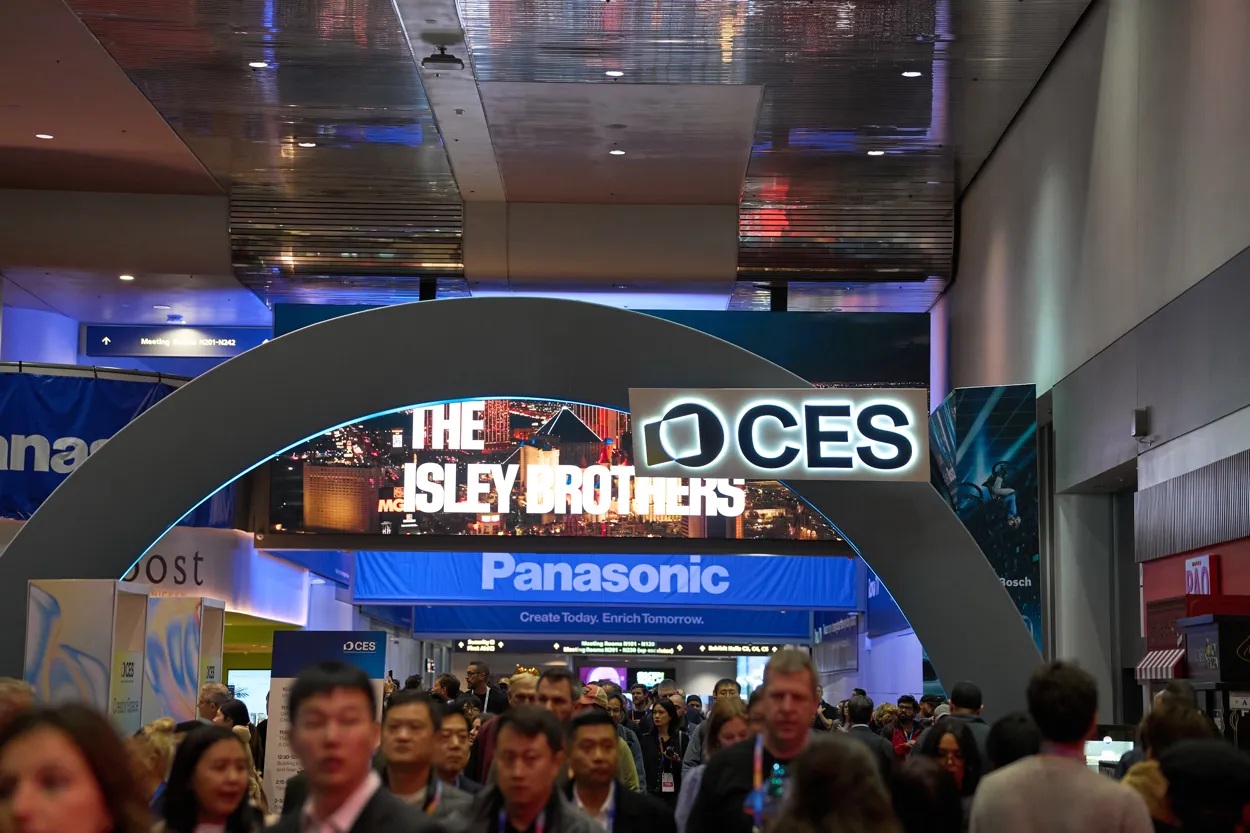Globalstar Licensee LLC has asked the FCC to allow it to increase the number of satellites in the Globalstar Big LEO constellation from 40 to 48 and to increase the number of in-orbit spares from three to four for a period of 180 days. Globalstar also proposes modifying the spacing between satellites within each orbital plane and adjusting the relative phasing between satellites in adjacent planes to reconfigure the constellation from a single Walker array to a 16-satellite Walker array and a 32-satellite Walker array.
All other applications in FCC Report SAT-00462 requested special temporary authority (STA) to operate satellite radio terrestrial repeaters. XM Radio requested 180-day STA for low power terrestrial repeaters in Miami and Las Vegas with EIRPs of less than 2 kW. Sirius Satellite Radio asked for 180-day STA to operate five terrestrial repeaters at EIRPs of 2 kW or less in Cincinnati, Houston, St. Louis and Miami.
In FCC Report SAT-00463 the FCC reported it granted STA to XM Radio to operate a substitute terrestrial repeater with a power level of 1,462 watts EIRP for 30 days in Miami. XM Radio also received STA to operate a terrestrial repeater with an EIRP of 1,068 watts for 30 days in Las Vegas.
The professional video industry's #1 source for news, trends and product and tech information. Sign up below.

Doug Lung is one of America's foremost authorities on broadcast RF technology. As vice president of Broadcast Technology for NBCUniversal Local, H. Douglas Lung leads NBC and Telemundo-owned stations’ RF and transmission affairs, including microwave, radars, satellite uplinks, and FCC technical filings. Beginning his career in 1976 at KSCI in Los Angeles, Lung has nearly 50 years of experience in broadcast television engineering. Beginning in 1985, he led the engineering department for what was to become the Telemundo network and station group, assisting in the design, construction and installation of the company’s broadcast and cable facilities. Other projects include work on the launch of Hawaii’s first UHF TV station, the rollout and testing of the ATSC mobile-handheld standard, and software development related to the incentive auction TV spectrum repack. A longtime columnist for TV Technology, Doug is also a regular contributor to IEEE Broadcast Technology. He is the recipient of the 2023 NAB Television Engineering Award. He also received a Tech Leadership Award from TV Tech publisher Future plc in 2021 and is a member of the IEEE Broadcast Technology Society and the Society of Broadcast Engineers.
